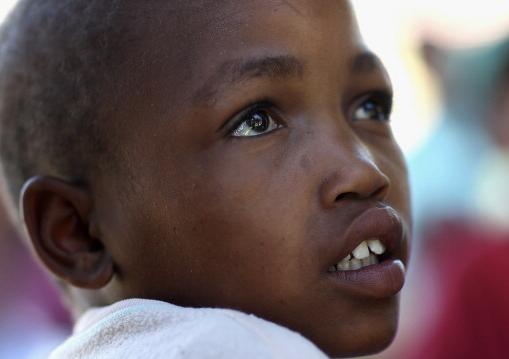Global HIV/AIDS plague feeds on discrimination
Unlike plagues of the past, which have often been equalisers, indiscriminately killing nobility and working class, young and old, this modern plague kills very differently, write Michael Kirby and Mark Dybul.


